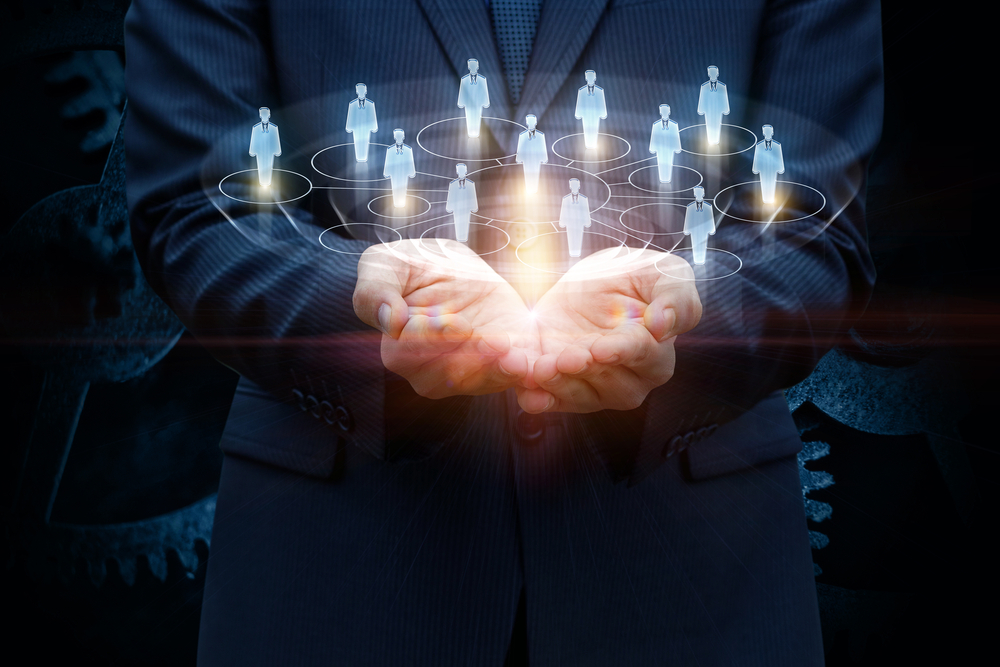Uncategorized
American Consumers Will (Or Won’t) Drive The Economic Recovery

If you are wondering how the stock market has climbed nearly 30% from the March 23 lows while the country has lost 20 million jobs in April, you’re not alone.
It’s head-scratching to try and think of a scenario where stocks are worth as much or almost as much as they were back in February when the country had a 3% unemployment rate compared to 14.7% today.
A common refrain from analysts and Wall Street veterans is that the stock market is forward-looking. So everything bad happening today has already been priced in. Or perhaps with parts of the country slowly reopening, that the economy will quickly spring back to life. Maybe there’s justifiably a belief that no matter how bad things get, the Federal Reserve will step in and flood the market with liquidity, effectively removing any downside risk.
Consumers
Whatever the real reason is for the surge in stock prices since late March, there’s one thing that many analysts say will either spur the market higher or send it crashing back down to the March lows: you and me, the consumer.
“It’s all going to come down to consumer spending. If we’re all sitting inside and not out spending money in September-October, the market’s not going to like that — the market will go down,” said Scott Wren, senior global market strategist at Wells Fargo Investment Institute, in a recent interview.
Consumer spending accounts for roughly 65% of our country’s GDP. So if consumers don’t feel comfortable leaving their homes and getting back out to shopping centers, malls or restaurants, it’s going to be nearly impossible for a sustained economic recovery.
Richard Cordray was the first director of the Consumer Financial Protection Bureau. He says consumers “are likely to come out of the covid-19 crisis no longer able, or willing, to bear the same load as before. That means that Wall Street investors counting on ordinary families to continue propping up the business cycle are likely to be sorely disappointed.”
“First, the rapidly deteriorating job market will hurt consumers badly, and for many the damage will not be temporary. Until last month, unemployment was at historic lows: It was 3.5 percent in February. More hours worked meant more income for most families while pushing the wage curve higher. All that positive momentum is gone. Unemployment is certain to spike above 15 percent soon, and many small businesses that operate on thin margins will go bankrupt.
“Second, many businesses will not regain the same vigor because they are dependent on strong consumer demand. Inevitably, some Americans will remain unemployed longer than others. Those who go back to work quickly are still likely to emerge from their experience of sheltering at home with less ability to resume spending at the same levels. Large numbers of households are falling behind on major debt obligations, such as rent or mortgage payments, auto loans, and credit card bills. Even those who return to pre-crisis jobs will have to cope with the burden of this overhanging debt, which will constrain their discretionary spending for months or even years to come.
“Third, the wrenching experience of the covid-19 pandemic is likely to change many consumers’ behavior. As happened in the Great Depression, this crisis has reminded people of the fragility of their financial situations, making them more cautious about borrowing and spending. Social changes, too, are likely to linger. Until people feel sure about an effective vaccine and manageable treatment for the virus, they may be reluctant to travel or even to circulate as widely as they used to, producing lower levels of economic activity overall.”
The Effects of Job Loss
And Avi Dan, the CEO of Avidan Strategies, says the damage from the unprecedented job losses could last for years in what he calls “America 2.0”
“After most recessions had ended, consumers’ attitudes and behaviors often return to “normal” within a couple of years. This time it may be different. Given the unprecedented extreme events we are witnessing, consumers’ optimism just might be replaced by a heightened sense of economic vulnerability. Caution might replace consumerism, and this could persist for a decade or longer.
“Given these facts, there is a good possibility that consumer attitudes and behaviors, shaped during this recession, will linger substantially beyond its end, as we enter a new national phase, America 2.0. The majority of consumers may well retain the different consumption habits developed during the recovery with what they’ve adapted to during the recession.”
Up Next:















